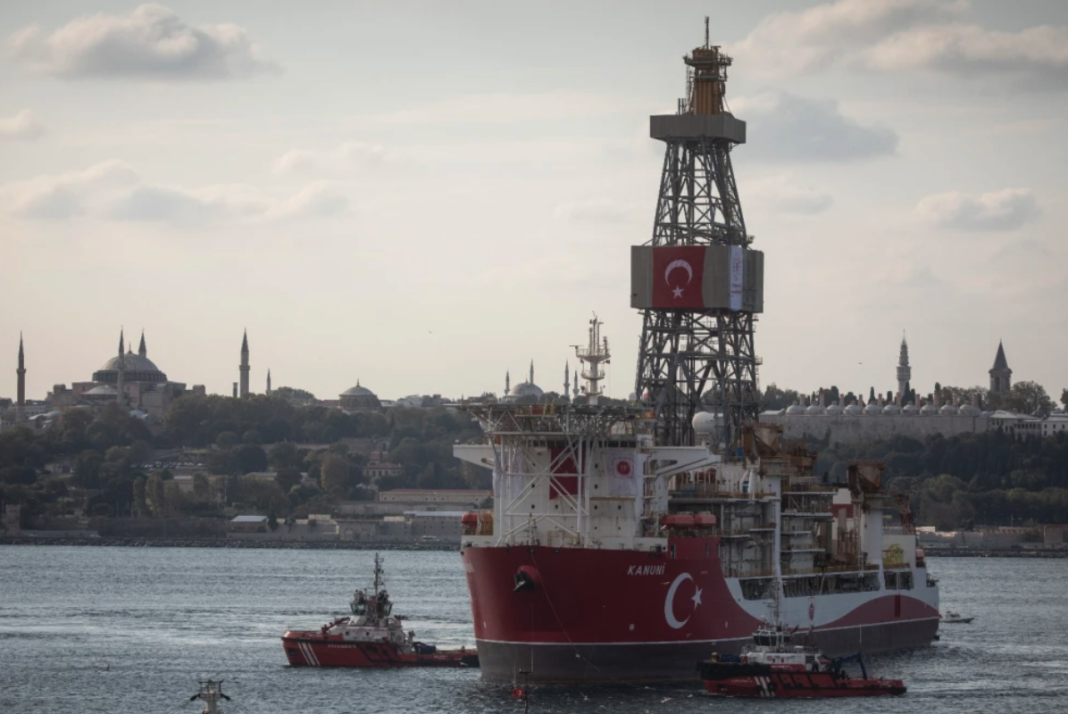President Recep Tayyip Erdogan’s medical emergency has renewed conversations both inside and outside Turkey about what a post-Erdogan-era might mean in the region. Even if he steals or wins the May elections, Erdogan’s health crisis highlights the inevitable: Erdogan is aging, his health is shaky, and he will one day die. By Michael Rubin in American Enterprise Institute on May 3, 2023.
Will Erdogan’s political if not actual demise mean an end to the crises Turkey instigates across the Eastern Mediterranean?
Kemal Kilicdaroglu, Erdogan’s main challenger, says he would make Turkey “part of the civilized world again” should he win. To do this, Kilicdaroglu promised to mend relations with the United States, European Union, and NATO.
Will such a reversal be possible? Certainly, but it will take years if not decades to set the relationships right.
It would be naïve to expect an immediate repair in tattered ties. While Erdogan deliberately sabotaged relationships for his own domestic political benefit, many difficulties also predate Erdogan.
Consider Cyprus, a nation under occupation for nearly 50 years. There can be no true peace in the Eastern Mediterranean so long as Turkey continues to occupy a centimeter of Cypriot territory, let alone one-third the island nation. Erdogan has made peace on the island more difficult in two ways. First, he has accelerated the transfer of settlers to northern Cyprus. The region’s original Muslim inhabitants, far more moderate than the newcomers, are now an endangered species.
Second, every Turkish technocrat and economists knows that Erdogan’s financial mismanagement has destroyed the Turkish economy. It will take decades to repair the damage Erdogan’s mismanagement wrought. Erdogan’s successors will look at Cyprus as Saddam Hussein once saw Kuwait: a cash cow whose energy reserves can bail out the sinking economy to the north.
Then there is Turkey’s aggression in the Aegean. Kilicdaroglu may halt overflights of Greek islands, but the fictions that Erdogan inserted into Turkey’s populist discourse will be hard to eradicate. After all, more than 30 million Turks have gone through Turkey’s education system under Erdogan. Every Turkish military officer from corporal to general owes his career to Erdogan. Erdogan has also reshaped the media into a machine for amplifying his misinterpretations of history and embrace of conspiracy theories. Erdogan’s assertions about demilitarization of Aegean islands as well as the Lausanne Treaty may be demonstrably false, but Turks will continue to embrace them.
Nor will history end with Kilicdaroglu. At 74-years-old, Kilicdaroglu is only a placeholder. Even his supporters acknowledge he is old, boring, and uncharismatic. Here, there is a parallel to the dynamics in the 2020 US elections: If Kilicdaroglu wins, it will be because Turks voted against Erdogan, not because they voted for Kilicdaroglu.
The danger is what comes after Kilicdaroglu. A new generation of Turkish politicians grew up under Erdogan. They understand the power of populism. They realize that saber-rattling riles up young Turks and wins votes.
Turkey should not be an eternal enemy. True peace and prosperity will only come to the Eastern Mediterranean when Turkey is at peace with itself and its neighbors. Turks must live in partnership with Greeks, Kurds, Armenians, and Arabs, just as Germans today live with Czechs, French, Danes, and Poles.
Unfortunately, that day is still far away. Erdogan may soon be gone, but Erdoganism appears here to stay.
By Michael Rubin in American Enterprise Institute on May 3, 2023.

